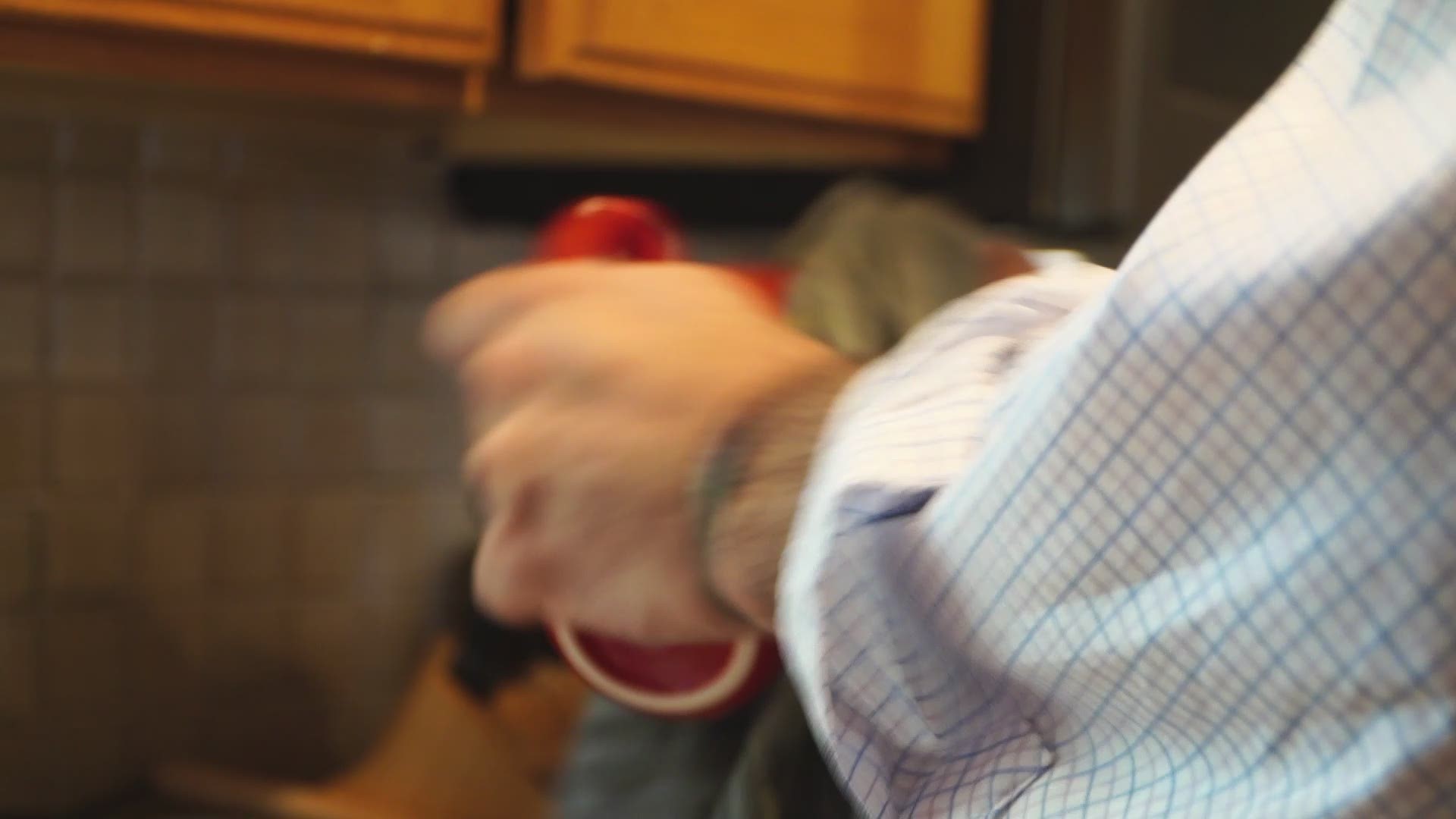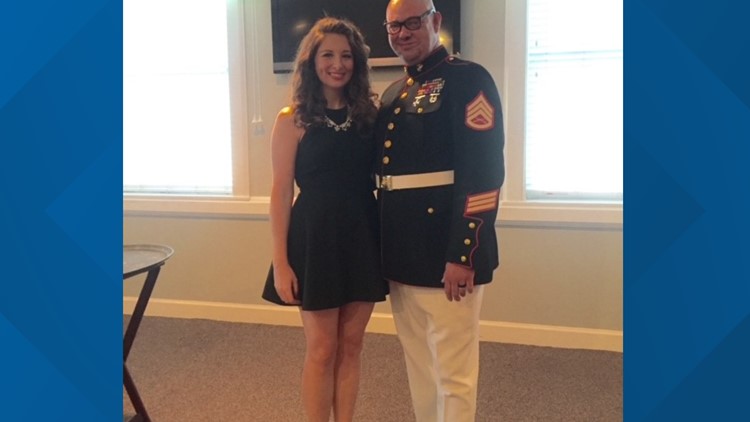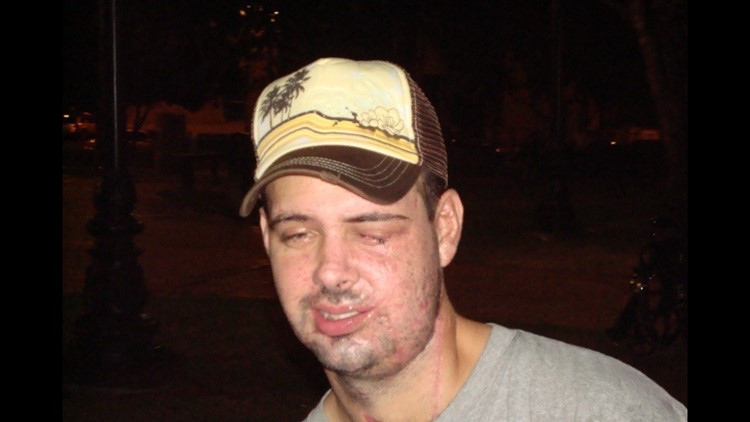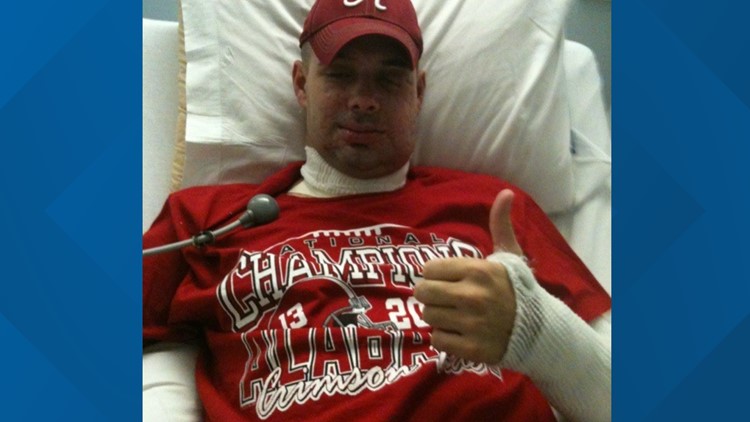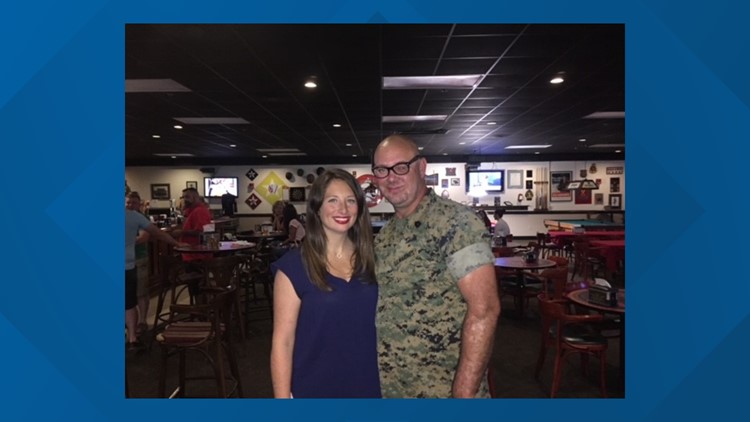WASHINGTON — Lawmakers are working on proposed legislation, which can help military and veteran caregivers struggling to repay student loans when they have to care for injured loved ones.
5.5 million people currently serve as caregivers for injured and ill veterans. According to the Elizabeth Dole Foundation, caregivers with preexisting loans have no program, scholarship or organization to help them with their student loan burden.
“Caregivers in my view deserve one of the highest places in heaven,” Rep. Gerry Connolly (Va.-D), said. “They're unsung. They put in long hours. They don't get a lot of relief.”
That's why he is proposing legislation to help some caregivers of service members and veterans with this debt. The bill would make certain caregivers eligible for the public service loan forgiveness program.
They have to be VA-designated primary family caregivers, have federally-backed loans, have already made ten ye10' worth of payments and have to be working for specific kinds of public service employers, like the government, schools or nonprofits. So, this wouldn’t include a huge group of people.
Marine Corps spouse Colleen Rose expressed a pretty common sentiment, which so many people have felt.
“My student loan debt was huge,” she said. “It's been stressful. It's been really stressful.”
Colleen got her master’s degree in occupational therapy and has been chipping away at her debt each month for about 13 years now.
“You know, I happily made that financial commitment when we had big plans in our lives to have two incomes and that wasn't quite what happened,” she said.
Colleen’s husband was injured in Afghanistan. Master Sgt. John Rose got hit by an IED in May of 2010.
“I lost vision, well most of my vision in my left eye,” he described his injuries. “I lost a lot of teeth, had a few bone graphs in my mouth, shattered my right arm, broke my left hip, had burns up the left side of my arm and body.”
“Woke up a few weeks later in San Antonio, had a bunch of inpatient, outpatient therapy to get my hands back moving again, learning how to see with just one eye again, kind of figuring out my new normal,” added John.
Veterans caregivers struggle with repaying student loans
Colleen became his caregiver.
“When he got out of the hospital I was completing burn wound care, bathing him,” she said. “All of his medications were liquid, so I had to measure them out. He was also on a liquid diet because his jaw was wired shut.”
The Roses felt like they were scrambling. Eleven years later, Colleen is back at work as an occupational therapist for Fairfax County Public Schools, but her role as caregiver continues.
“He uses all of the energy that he has to be so successful at this job, and you know, he lives with pain every single day from those injuries--i — impacts our life every day still,” Colleen said. “A lot of the things that I do is to just help take things off of his plate, so that he can rest when he needs to, so that he can go and be so super-effective at his job.”
Colleen says this impacts her ability to pay off her loans.
“I don't have the flexibility of my time to be able to take additional courses and get additional certifications,” she said. “Could I have experiences that could increase my income, as well? Of course, but that's just not our reality anymore.”
“It is one benefit we can provide in acknowledging their service to men and women who served their country and now need care,” Rep. Connolly said.
He explained there's no way to predict exactly how many people will qualify and how much this will cost at this point.
We're told there is bipartisan support for this bill.
The Roses believe this would be a lifeline for so many families like theirs.
“It's a foot in the door,” John said. “Not every single caregiver is going to be able to get this but it's one small move into the right direction.”
“As caregivers, we're really the first line of defense for our nation's heroes,” Colleen added. “I think my husband deserves the best care and I think that I'm the person to do that and I feel like if we just had a little bit of help, we could help ourselves.”
Work for these types of organizations qualifies someone for the Public Service Loan Forgiveness Program:
- Government organizations at any level (federal, state, local, or tribal)
- Not-for-profit organizations that are tax-exempt under Section 501(c)(3) of the Internal Revenue Code
- Other types of not-for-profit organizations that are not tax-exempt under Section 501(c) (3) of the Internal Revenue Code, if they provide certain types of qualifying public services
- Serving as a full-time AmeriCorps or Peace Corps volunteer also counts as qualifying employment for the PSLF Program.

